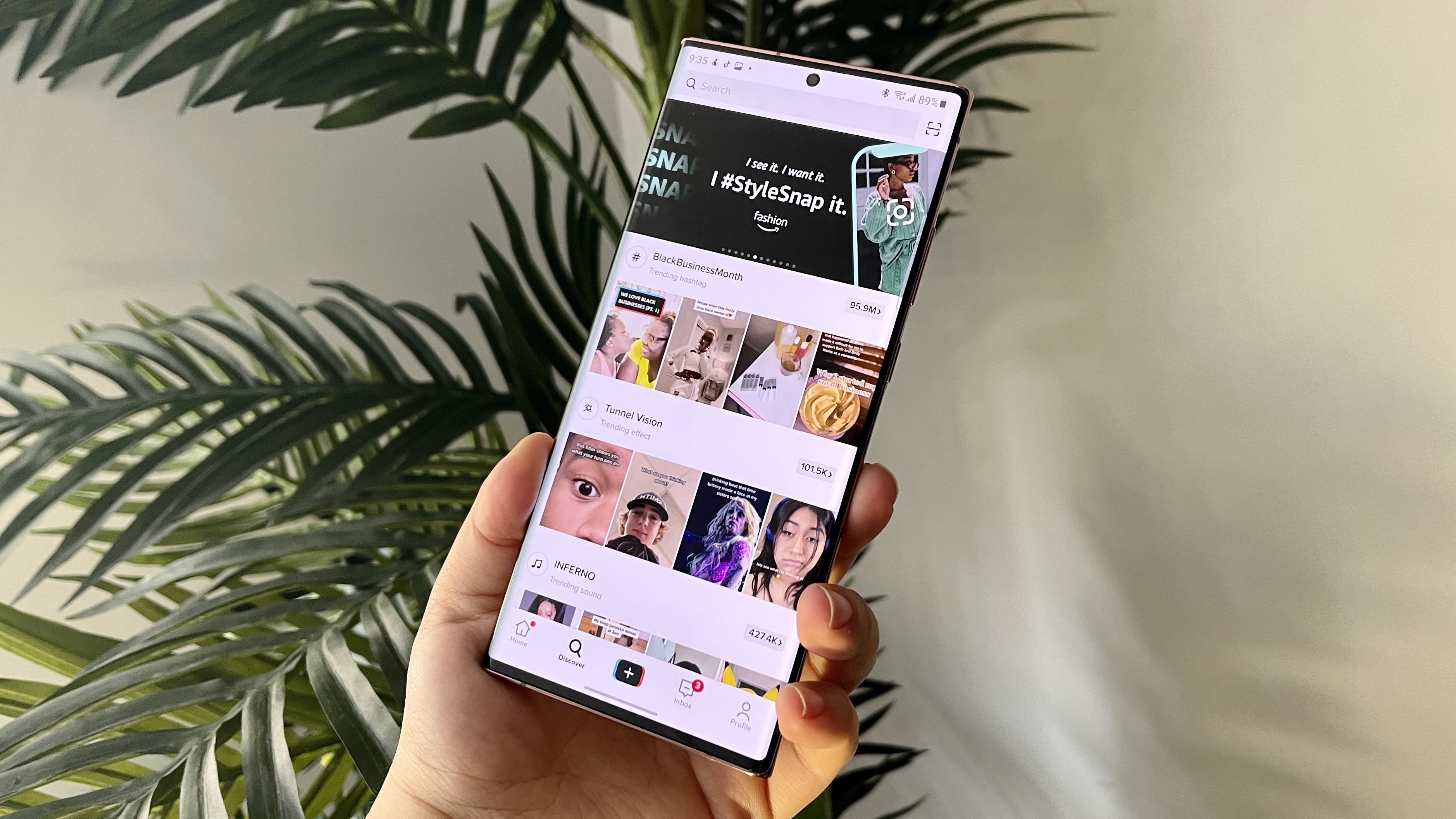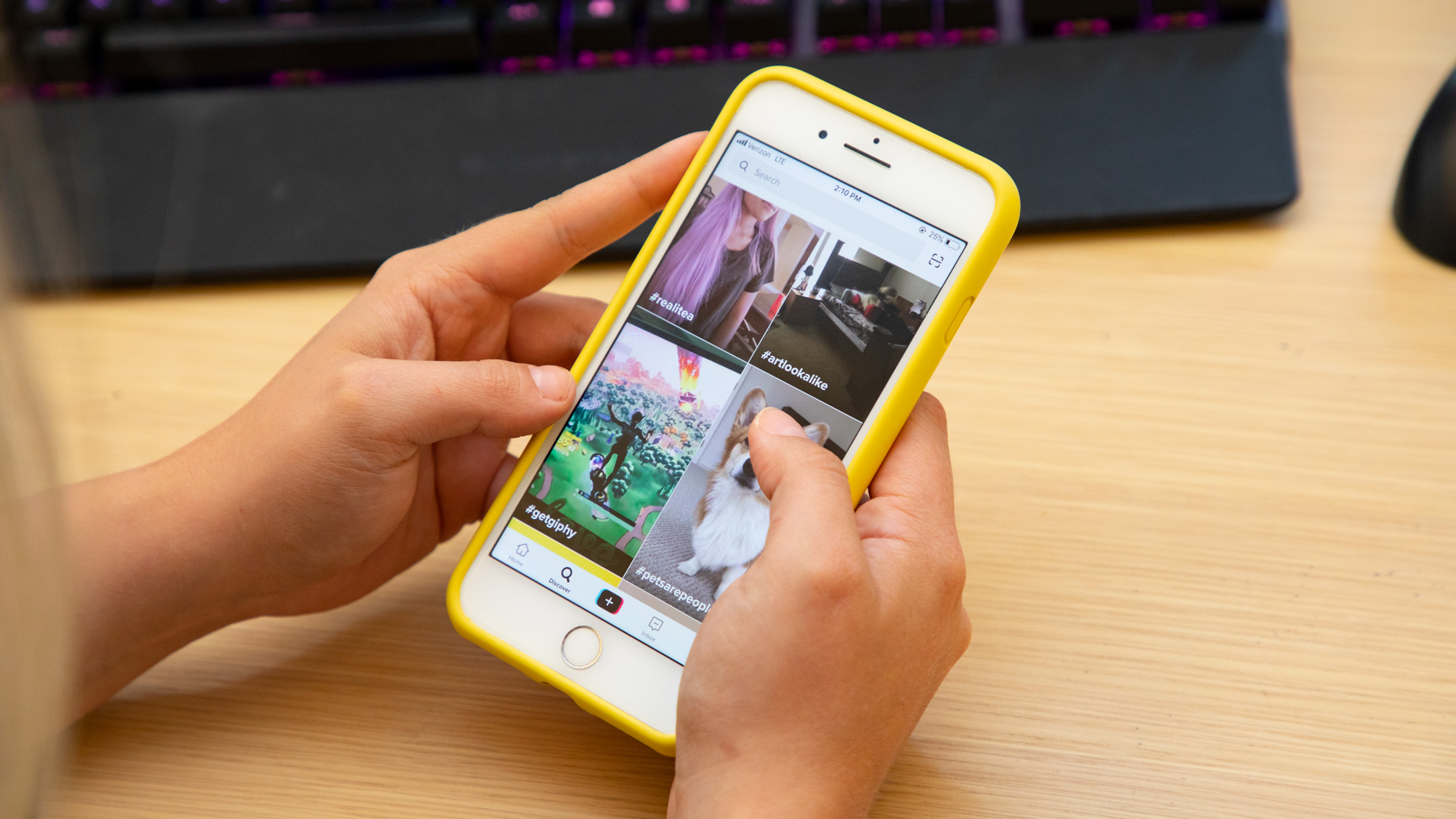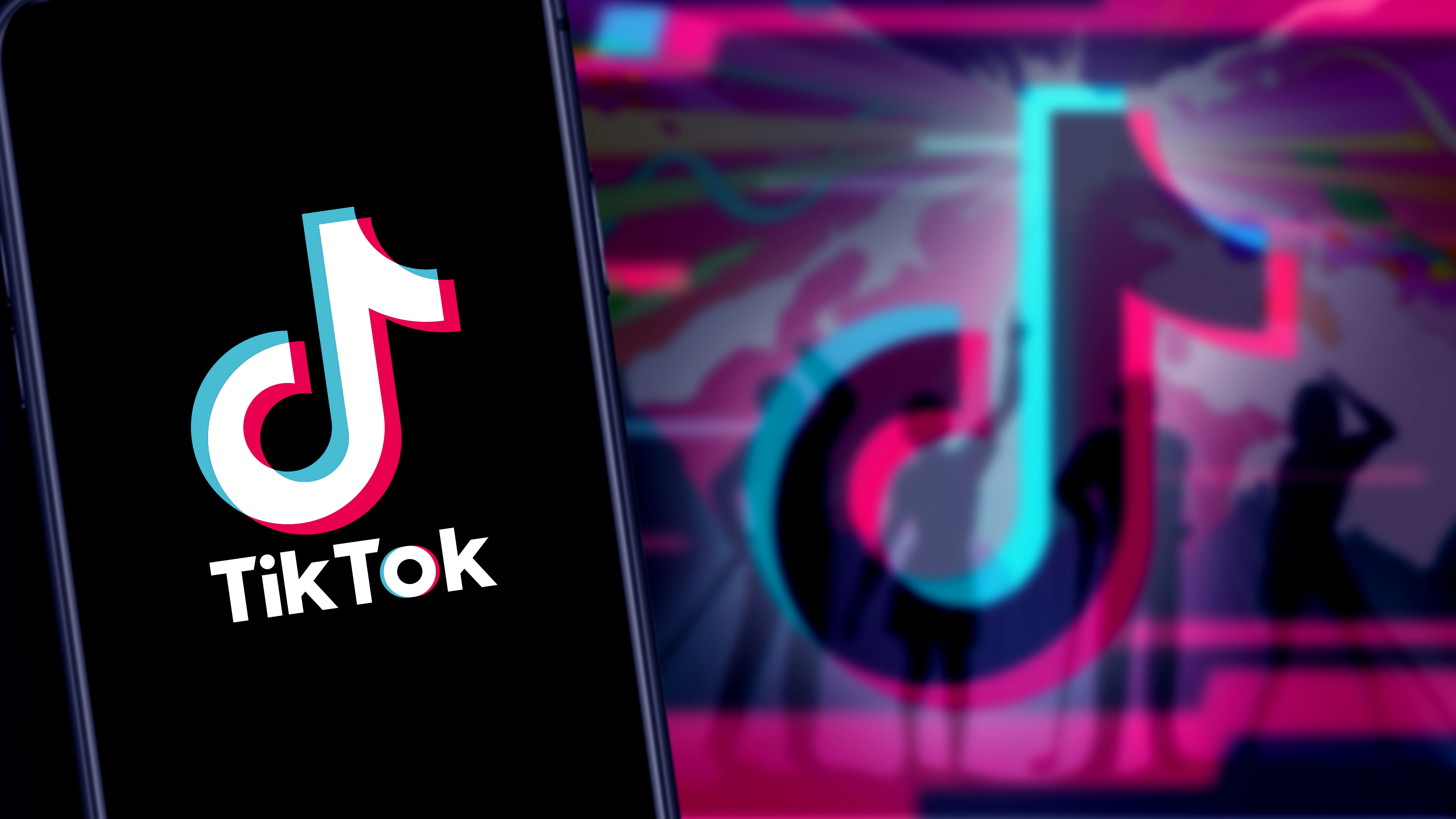TikTok is all over the news lately, and that’s bad news for ByteDance, the Chinese company that owns the popular social media app.
According to The New York Times (opens in new tab) and others, the Biden administration is considering a full ban of the app — unless ByteDance is willing to sell its stake. This effort is being driven by the recommendation of The Committee on Foreign Investment in the U.S. (CFIUS), which is a federal task force that oversees cross-border investments and their possible national security risks.
This isn’t the first time that TikTok has found itself in the crosshairs of the U.S. federal government though. Last year, an FCC commissioner demanded that Apple and Google remove the TikTok app from their respective app stores. Toward the end of 2022, the U.S. House of Representatives and the U.S. Senate also took aim at TikTok, with both chambers proposing a new bill that would ban the app in the U.S.
So now that a ban is being proposed again, there are several questions that arise. How would this affect TikTok’s users — both U.S. and otherwise — and how likely is it that the ban will be successful are the two biggest considerations, but there are a few others worth considering, too. We’ve compiled a list of the most pressing questions surrounding a potential TikTok ban along with their answers below.
Why is a TikTok ban being proposed?
The main issue, at least according to U.S. lawmakers and regulators, is a combination of national security and consumer privacy concerns.
These concerns aren’t unfounded, even if a forced sale or outright ban could be considered an overreach. Back in June 2022, reporting from Buzzfeed found that TikTok’s parent company ByteDance potentially misled U.S. officials about the handling of U.S. user data.
This data was supposed to be managed by a U.S.-based security team but further investigation showed that Chinese engineers were controlling data access and that this data could be potentially accessed by the Chinese government.
At the time, TikTok claimed these findings were misleading, but concerns have not gone away.

Beyond this, there are also concerns that the Chinese government could use TikTok as a propaganda tool to influence U.S. users. While this is not an issue unique to China or TikTok, the potentially high level of control over TikTok that the Chinese government reportedly has is why U.S. officials are especially concerned.
What is TikTok being asked to do?
TikTok is currently being presented with two options. The first, according to the Wall Street Journal (opens in new tab), is for ByteDance to sell its stake in the social media app to a party not potentially under the control of the Chinese Communist Party. The other option is for the app to be banned in the U.S. market if ByteDance is unwilling to sell.
How likely is it that TikTok will be banned in the U.S.?
The chances of a TikTok ban are not overwhelming, though they’re currently stronger than they’ve ever been before. This isn’t the first time a sale or ban has been proposed, with the Trump administration having previously threatened a ban via executive order if the app was not sold. The Biden administration ultimately rescinded this order, but it seems now that a similar action could be back on the table, quite possibly due to increased political support for such a move.
There is precedent for a sale being forced. Back in 2020, the Chinese company Beijing Kunlun Tech Co Ltd was forced to sell (opens in new tab) its stake in the popular gay dating app Grindr, after buying a majority stake in the app in 2016. This sale was forced on the recommendation of CFIUS, so there is even precedent for this exact path to force a sale.
However, any such sale or ban would almost certainly be met with a legal battle, meaning that the U.S. court system could ultimately determine what happens in the end. TikTok previously fought the Trump administration’s attempts to force a sale by ByteDance, and the American Civil Liberties Union has also protested the bill proposed by the U.S. House of Representatives Foreign Affairs Committee on First Amendment grounds. So even if a ban is enacted, it may be put on pause as the legal battle plays out.
What has been TikTok’s response?

TikTok’s approach has been to provide an alternative solution, rather than dismiss the concerns out of hand. While the company has at times referred to a potential ban as “political theater,” they have also stated that the best solution is to ensure that data is properly monitored in the U.S. by U.S. personnel.
At a Harvard Business Review conference (h/t CNN (opens in new tab)), TikTok CEO Shou Chew made a point to reiterate the company’s stated stance on CFIUS’s concerns. “‘The Chinese government has actually never asked us for U.S. user data,” Chew said. “And we’ve said this on the record, that even if we were [sic] asked for that, we will not provide that.”
Chew added that “all US user data is stored, by default, in the Oracle Cloud infrastructure” and “access to that data is completely controlled by U.S. personnel.’”
The Chinese government has actually never asked us for US user data, and we’ve said this on the record, that even if we were [sic] asked for that, we will not provide that.
— Shou Chew, TikTok
There is also Project Texas, a proposed plan by TikTok to assuage U.S. concerns. This plan would include the vetting of TikTok’s code by U.S. personnel and the establishment of a domestic subsidiary of TikTok with a separate board of directors that is vetted by the U.S. government.
While complicated, TikTok’s repeated stance is such measures are the only way to ensure U.S. user data security and that a forced sale would not alleviate national security concerns. TikTok has also stated that due to the global nature of the app, “Misinformation and propaganda has no place on our platform, and our users do not expect that.”
What TikTok bans are already in place for the U.S.?
The Biden administration has already passed legislation that bans TikTok on government devices. More than half of U.S. state governments have also enacted similar bans, including Maryland, South Carolina and South Dakota. There is currently no ban on U.S. users outside of these bans on using TikTok on government devices and networks though.
What other countries have already banned TikTok?
The number of countries that have banned TikTok in some form is a fluid list, as new bans have been enacted in recent weeks. But for the most part, many countries — including the U.S., U.K., Canada and New Zealand — have only banned the apps on government devices, government networks and/or personal devices of government employees.
The lone exception? India, which banned the app in 2020 following a violent border clash between India and China. That ban immediately pulled the plug on TikTok for more than 200 million Indian users. This ban could represent the worst-case scenario for fans of TikTok but it is not necessarily the way U.S. officials would enact a potential ban.
How long would a TikTok ban be enforced?
The length of a TikTok ban would be entirely dependent on the final legislation or executive order, but the expectation would be that if TikTok is ultimately banned, any ban would be in place until ByteDance sells its stake in the social media app.
What a TikTok ban could mean for you

Ultimately, a TikTok ban would mean that U.S. users can no longer use or register an account on TikTok. While a TikTok VPN could theoretically be used to get around these restrictions, the reality would likely be more complicated, and there is no guarantee that any potential workaround would be feasible — or legal.
Conversely, a sale by ByteDance could have implications from temporary restrictions on usage to absolutely no effect at all. The way apps of TikTok’s size handle data can be incredibly complex and there’s no guarantee that a transfer of ownership would be seamless. But the best-case scenario for a sale would be that the app simply becomes overseen by U.S. owners and nothing changes for the average user.
Finally, while ByteDance remains in charge of TikTok, users should exercise caution. The company remains under Chinese government oversight for now and while TikTok says no Chinese official has ever requested access to U.S. user data, it would be theoretically legal for the Chinese Communist Party to do so. This doesn’t mean you need to delete the app immediately; it just means you should be careful when you use it.





